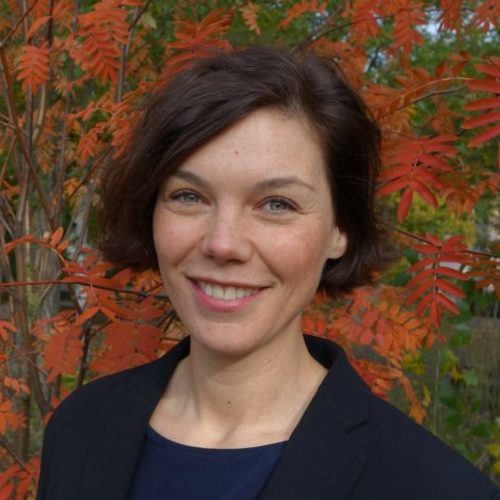Network Project
West Berlin’s material anomalies, its heterogeneous and elusive terrain, and its role as a generator of distinctive intellectual ideas are the primary focus of this book. Drawing on oral history, archives, and ethnographic insights, the book traces how the unusual characteristics of postwar West Berlin—an extensively destroyed city and walled-in enclave—created a “laboratory effect” enabling different forms of cultural and scientific experimentation to emerge. Through different examples, including the design of a modernist concert hall, the cultural and scientific discovery of Brachen (wastelands), the strong presence of feminist theory, and cultural responses to the marooned enclave in the visual arts, Experimental Fields presents an alternative history of West Berlin that was confronted with the institutional and political limits to radical experimentation. Abandoned infrastructural landscapes are at the core of this project that investigates their multifarious role as experimental fields for speculating about future ecologies in a future city.
The book project is supported by the Graham Foundation.



